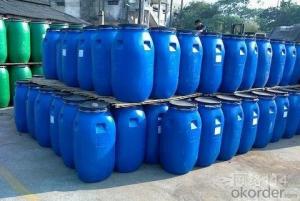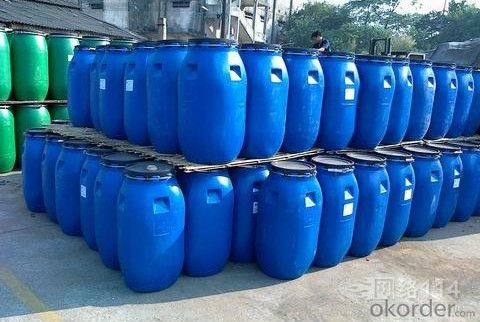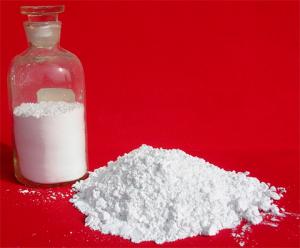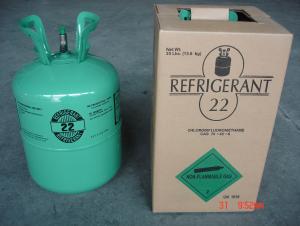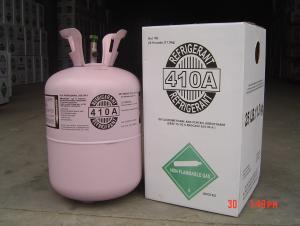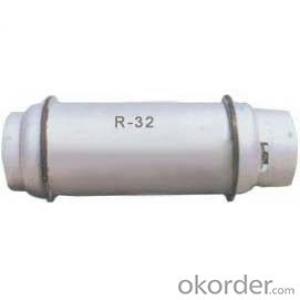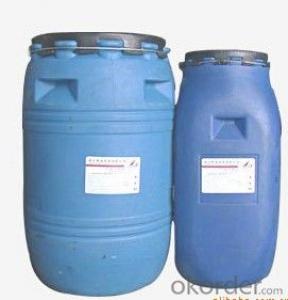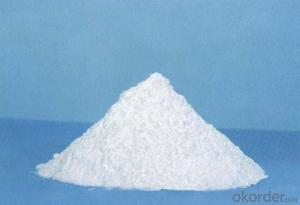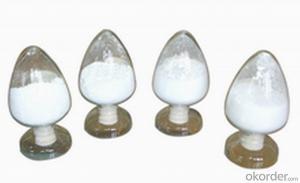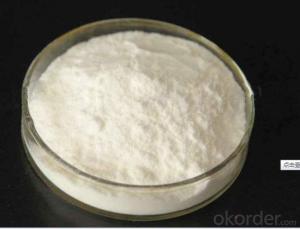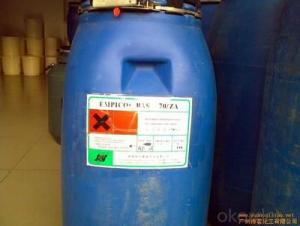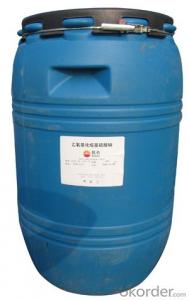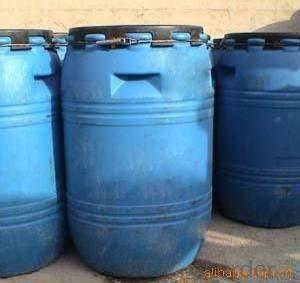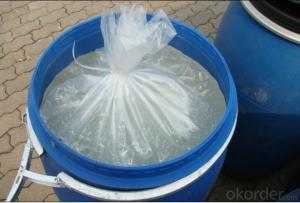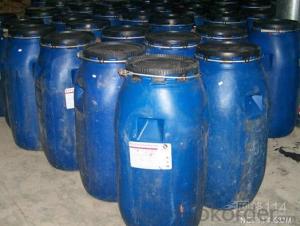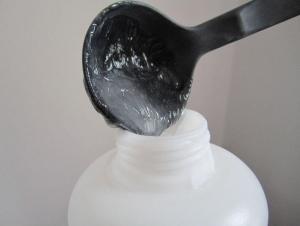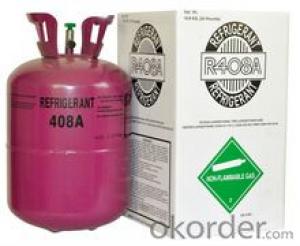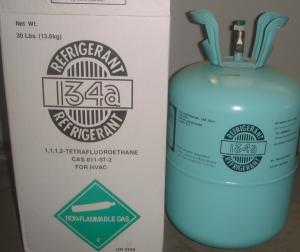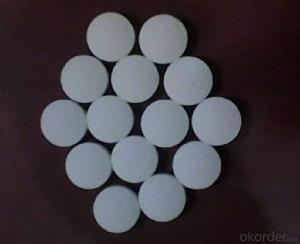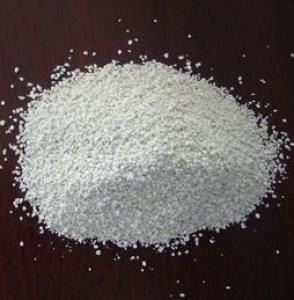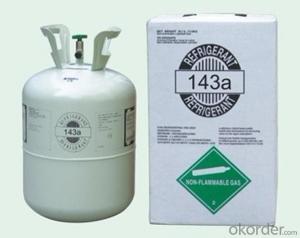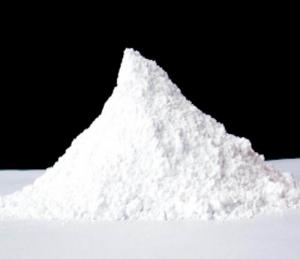Fatty alcohol polyoxyethylene ether sodium sulfate (AES)
- Loading Port:
- China Main Port
- Payment Terms:
- TT OR LC
- Min Order Qty:
- -
- Supply Capability:
- -
OKorder Service Pledge
Quality Product, Order Online Tracking, Timely Delivery
OKorder Financial Service
Credit Rating, Credit Services, Credit Purchasing
You Might Also Like
Packaging & Delivery
| Packaging Detail: | Packing: Packed in plastic drums netted 170/220kgs |
| Delivery Detail: | 15day after TT or Lc |
Specifications
aes/ sles 70% surfactant material
1.high quality and low price
2.accept SGS check
3.fast delivery
4.Owning Factory
- Q: What is the isomeric structure of oxygen-containing derivatives?
- Play the Transformers. As long as the same molecular formula, you can group out how many different structures, there are a number of isomers.
- Q: What is organic matter?
- Green plants use light to provide energy, in the chloroplast synthesis of starch and other organic matter, and the light energy into chemical energy stored in organic matter, this process is often said that photosynthesis.
- Q: Are all carbon compounds all organic?
- No, carbon dioxide and carbonates, bicarbonate is not it
- Q: Hydrocarbons and hydrocarbon derivatives are not all non-electrolytes
- Hydrocarbons are, derivatives are not necessarily, such as organic acids (formic acid, acetic acid, etc.)
- Q: Is not organic matter must not hydrogen ah?
- Organic matter that organic compounds. Carbon compounds (carbon monoxide, carbon dioxide, carbonates, metal carbides, cyanide excluded) or hydrocarbons and their derivatives in general. Organic matter is the material basis for life. 【Features】 Most organic compounds mainly contain carbon and hydrogen elements, in addition often contain oxygen, nitrogen, sulfur, halogen, phosphorus and so on. Part of the organic matter from the plant sector, but the vast majority of oil, natural gas, coal as raw materials, through artificial synthesis method. Compared with inorganic substances, the number of organic matter, up to several million kinds. The carbon atoms of the organic compound have a very strong ability to bind to each other to form a carbon or carbocyclic ring. The number of carbon atoms can be 1,2, it can be thousands, tens of thousands, many organic polymer compounds can even have hundreds of thousands of carbon atoms. In addition, the isotopic phenomenon of organic compounds is very common, which is the cause of many organic compounds
- Q: Cracked
- It is almost impossible for this problem to look at your reaction conditions. Generally speaking, the alkane reaction is mainly difficult to decompose directly into ions
- Q: Sodium can be used to identify derivatives of hydrocarbons
- A compound in which a hydroxyl group is directly attached to a carbon atom in a hydrocarbon group or a benzene ring side chain is called an alcohol.
- Q: Carboxylic acid and carboxylic acid
- The carboxylic acid can not react with the carboxylic acid, which is esterified with a hydroxyl alcohol, for example, acetic acid (acetic acid) reacts with ethanol (alcohol) to produce ethyl acetate with a special flavor.
- Q: What are the nature of sugar
- Carbohydrates, also known as carbohydrates, are the most abundant and most widely distributed organic compounds in nature. Mainly by the carbon, hydrogen, oxygen composition. Glucose, sucrose, starch and cellulose all belong to carbohydrates.
- Q: Why does the hydrocarbon derivative make the bromine water fade and the hydrocarbon can not
- Should be able to ah and bromine water addition reaction and fade:
Send your message to us
Fatty alcohol polyoxyethylene ether sodium sulfate (AES)
- Loading Port:
- China Main Port
- Payment Terms:
- TT OR LC
- Min Order Qty:
- -
- Supply Capability:
- -
OKorder Service Pledge
Quality Product, Order Online Tracking, Timely Delivery
OKorder Financial Service
Credit Rating, Credit Services, Credit Purchasing
Similar products
Hot products
Hot Searches
Related keywords
